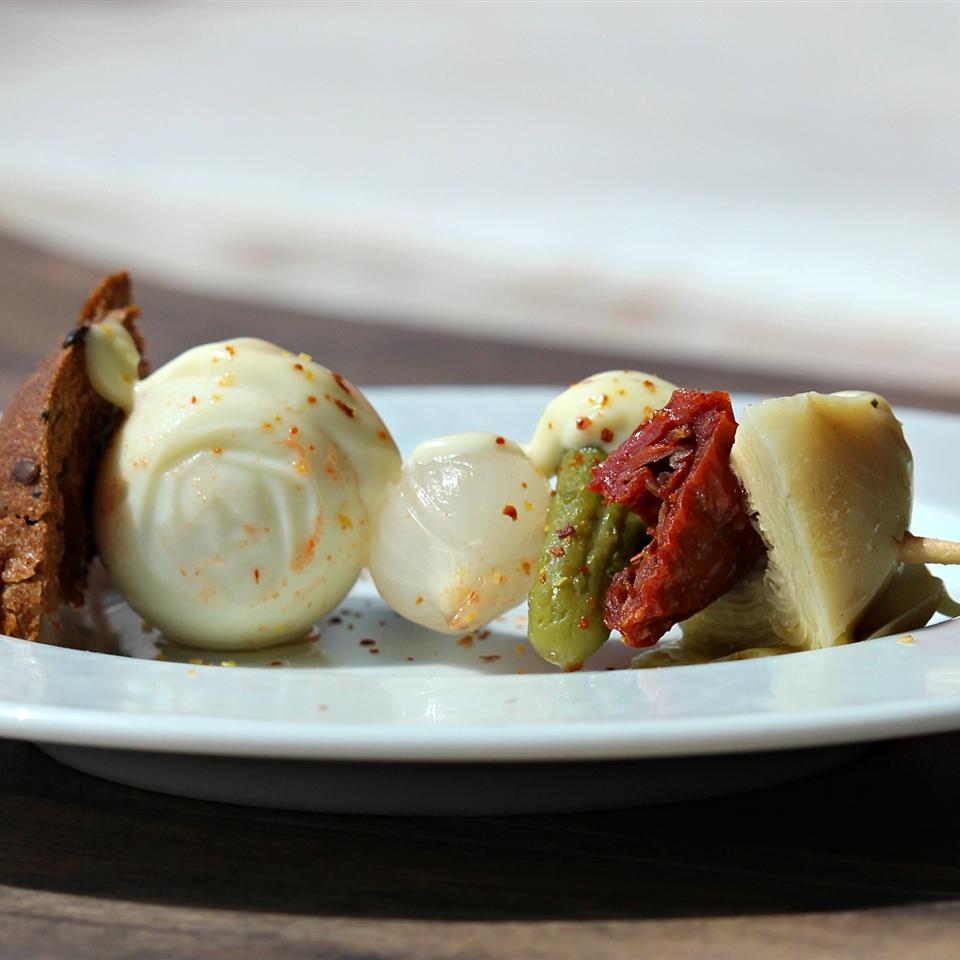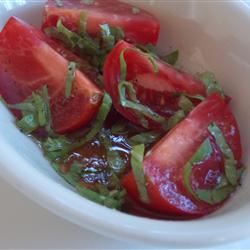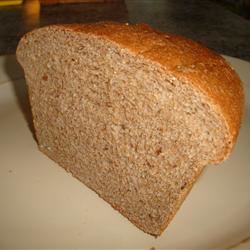Easy Kine Saimin (Hawaiian Ramen)

Try these ono (or delicious) saimin noodles, a staple of any Hawaiian diet. My version is a simple, cheap, late-night snack, but don’t be afraid to put all kinds of yummy things in your bowl!
INGRIDIENT
DIRECTION
Step: 1
Bring 3 cups of water to a boil in a pot; add eggs and boil until yolks are barely set, about 6 minutes. Remove eggs from hot water, cool under cold running water, and peel.
Step: 2
Bring 2 cups of water to a boil in the same pot. Add noodles and dashi. Cook, stirring occasionally, until noodles are tender yet firm to the bite, about 3 minutes.
Step: 3
Divide soup and noodles between 2 bowls; add eggs, luncheon meat, and green onion.
NUTRITION FACT
Per Serving: 881 calories; protein 42.4g; carbohydrates 111.5g; fat 29.7g; cholesterol 245.6mg; sodium 2357.2mg.
The word “stew” can refer to both a food and a make dishes method. Stewing makes not fast cooking chunks of meat, raw fruit or beans in a tastefull liquid . It’s same as to braising, but it does have a few piece of differences. The raw animal vested is chopped into few of pieces but of being cooked all of it , and the water based material all of it covers the essential in a stew as different to a braise’s halfway all of it . When meat or raw fruit are cooked using this method, the resulting dish is called stew.
Stew has a perception for being a rib-sticking eating process that warms you up on a freezing , winter day. It’s true ; a bowl of old menu of beef stew does have warming properties , but stew’s comfort factor goes way beyond protecting you from the cold . It’s all about those soft and chunks of food and vegetables, swimming in a thick, ultra-rich gravy. The way they come together creates the greatest comfort food, no matter the weather.





